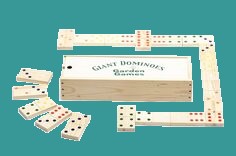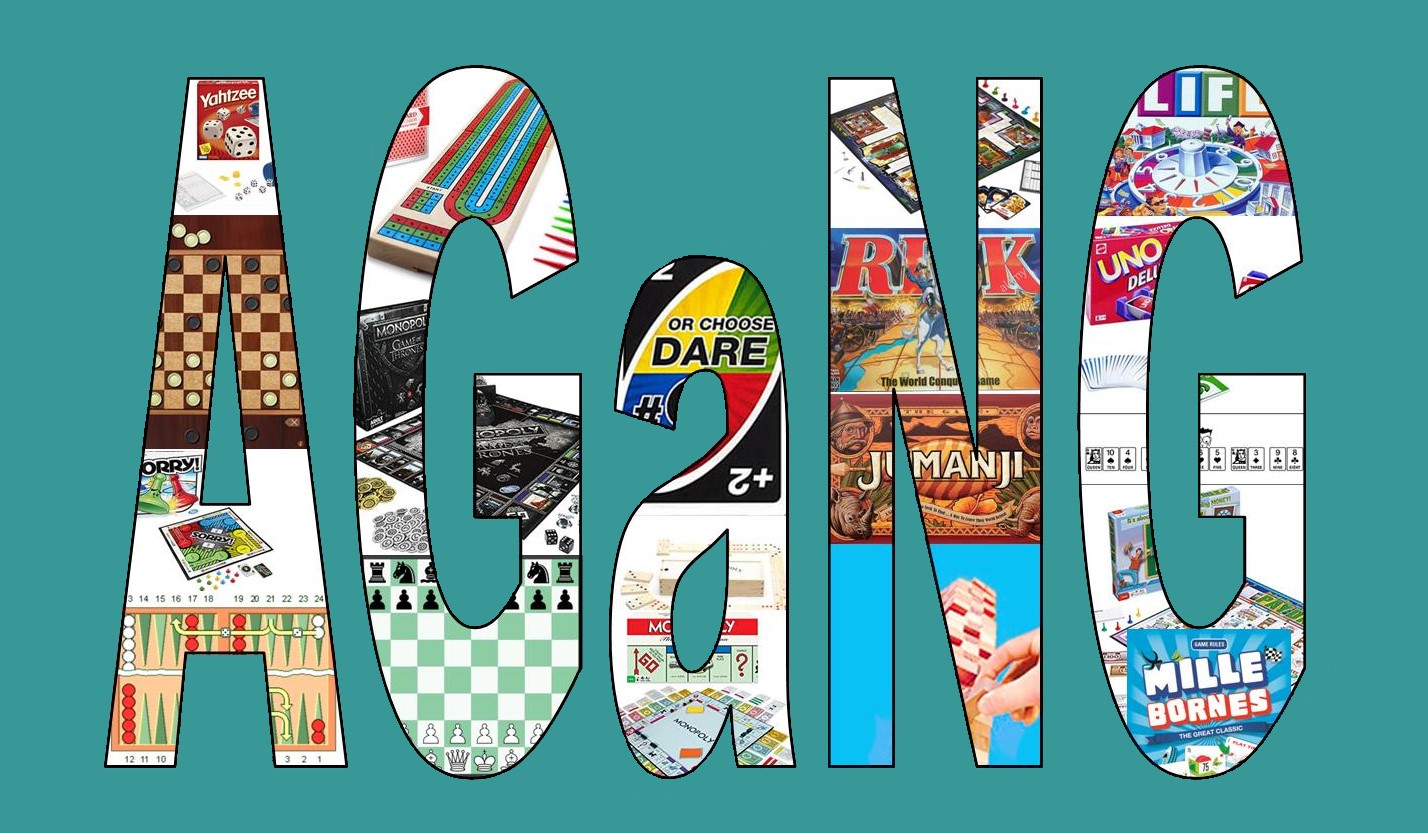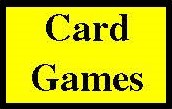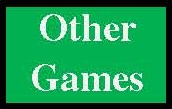Dominoes

There are a variety of types of domino sets in use all over the world and a great number of games that can be played with them. Following are the rules for the two most commonly played games in the West - the "standard" or "Block" game and the "Draw" game. The instructions describe the games played with the standard or "double-six" domino set comprising 28 tiles, but both games can be played with a double-nine or a double-twelve set.
The Block Game
The Start
The dominoes are ritually shuffled face down in circles with the flat of the hand - producing a sound that has been familiar down the centuries. Each player draws 6 dominoes and places them so that the other players can't see their value. The traditional English pub method of doing this is face down in two rows of three so that all six can be picked up with both hands, looked at and returned leaving the other hand free for the equally important business of drinking a pint. Beginners can just place them on their edge in a row facing them. Remaining dominoes are termed "sleeping" tiles.
The first person to play is that person holding the double-six, or failing that the double-five and so on. The tile played must be the double tile that permitted the player to take the first turn. If none of the players hold a double, then the tiles are reshuffled and re-drawn
The Play
Each player must in turn then play a tile onto the table positioning it so that it touches one end of the domino chain which thus gradually increases in length. A player may only play a tile which has upon it a number showing at one end of the domino chain or the other. If a player plays a domino with the result that both ends of the chain show the same number (normally a number which is useful to the player and distasteful to the opponents), that player is said to have "stitched up" the ends.
The way that the tiles are placed provides a small part of the entertainment. Each tile being placed must be positioned so that the two matching ends are adjacent. Unless, the tile is a double, the tile can be placed square in any one of the three directions as long as the two matching sides are touching fully. Doubles are always placed cross-ways across the end of the chain. A tile played to a double must also be placed accordingly - perpendicular to the double touching at its middle. The shape of the domino chain develops snake-line at random according to the whims of the players and the limitations of the playing surface.
If a player can lay a domino, then it must be played. Otherwise the player "knocks", or raps the table and play passes to the next player. The opposing players will, of course, make mental note of the numbers currently available on the table and try to ensure that they are available in future too.....
The End
Normally play stops when one player "chips out" (plays his last domino) although some versions require both partners to chip out. If it reaches a point at which no player can proceed, the winners are the partners whose combined sum of all spots on their remaining dominoes is the least.
For scoring, some pubs would play a point per game. A more interesting method, that might be scored using a cribbage board, has the winners score the sum of all spots on the losers remaining tiles. In a game which doesn't result in anyone chipping out, the winners would receive the difference between the winners total spots and the losers total spots. A game can be played to 100 points, say, or on a cribbage board, 121 points.
Variations
Games can also be played in the same way with two players (start with 8 tiles), three players (start with 6 tiles), five players (start with 5 tiles) or with four players without partnership.
The same game can be played with a double-twelve set (91 tiles) or a double-nine set (55 tiles) domino sets. With a double-twelve set, four players would pick 12 tiles each and with a double-nine set, nine tiles would be taken at the start.
The Draw Game
Really no more than a variant of the Block game, the Draw Game is more popular in many parts of the world. Players take less dominoes initially but a player who cannot place a domino must pick a sleeping domino to add to their set. When the sleeping dominoes run out, players simply pass their turn when they cannot go. For this variation, two players would start with 7 dominoes, three players with 5 tiles, four players with 4 tiles and five players with 3 tiles.
The difference between the two games is that in the Draw Game, players know that all the tiles will end up in play - this enables them to better deduce what tiles other players might be holding. With the Block game, since a few tiles remain sleeping and unknown throughout the game, a larger element of uncertainty reigns.
Cross Dominoes
An extension to the Draw game, this variation gives players more options and also takes up less table space!
The game is played in exactly the same way as the Draw game but with a different start. After the first doublet is played, the next four tiles played must be played against that doublet so as to form a cross. So for this first doublet only, dominoes are played adjacent to all four sides of the tile. Players may have to take sleeping tiles before this is accomplished but as soon as the cross is complete, play continues as in the draw game. Thus from that point on, each turn has four dominoes available to be played against instead of two.
Double Nine Cross Dominoes
This variation is suitable for Double Nine sets. Two or three players start with seven tiles each, four or more players start with five tiles each. Play starts as per Cross dominoes with the second to fifth tiles played forming a cross around the initial doublet. Thereafter play continues as per the Draw game but whenever a doublet is laid down, two new chains can start from it. Therefore, the number of available chains becomes much larger than for previous games.
The same game starting with the same number of tiles per person should be possible with Double Twelve sets, too.
Arizona Gay Nude Games









